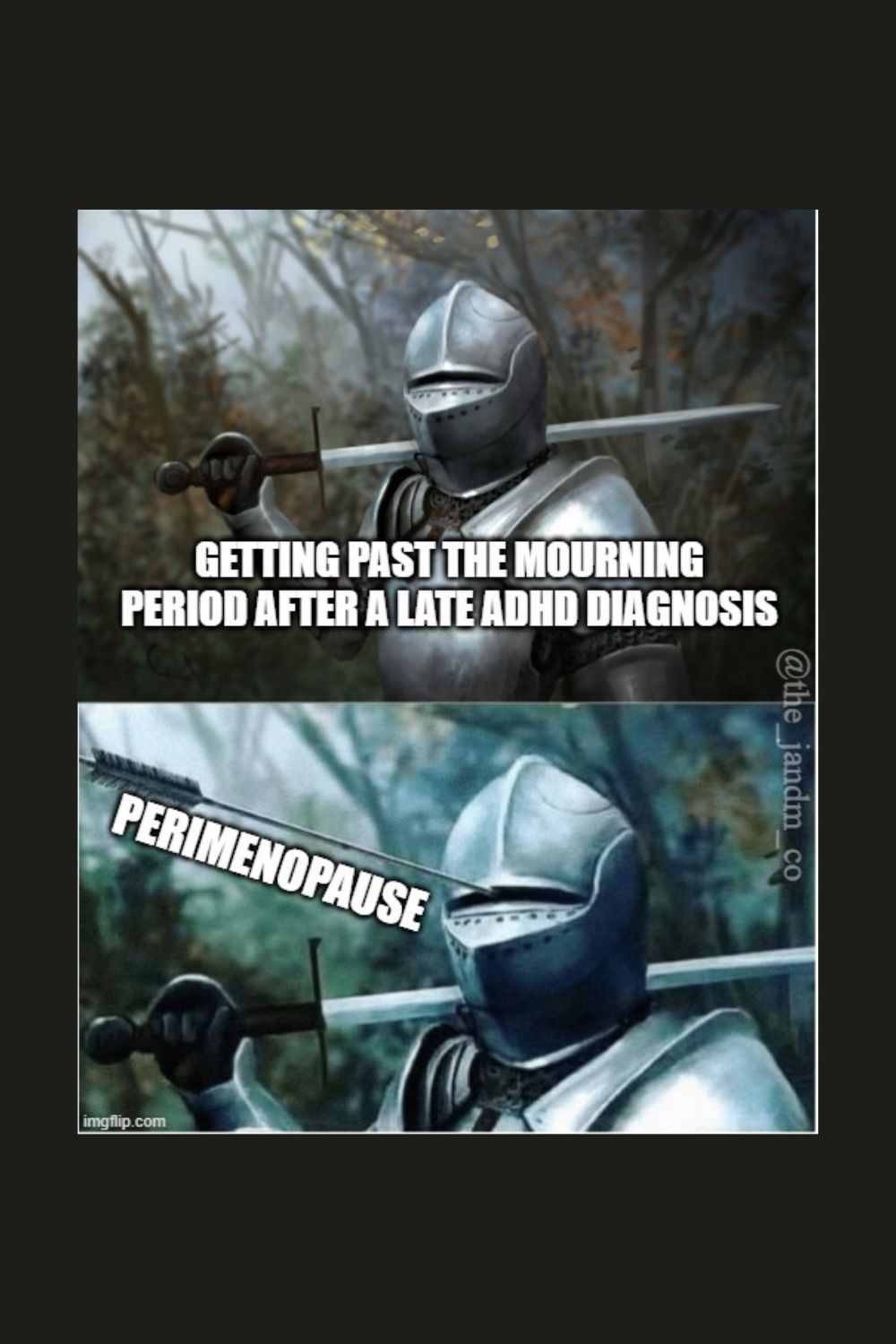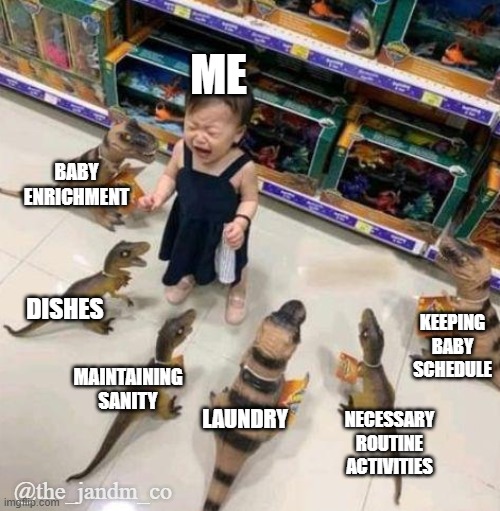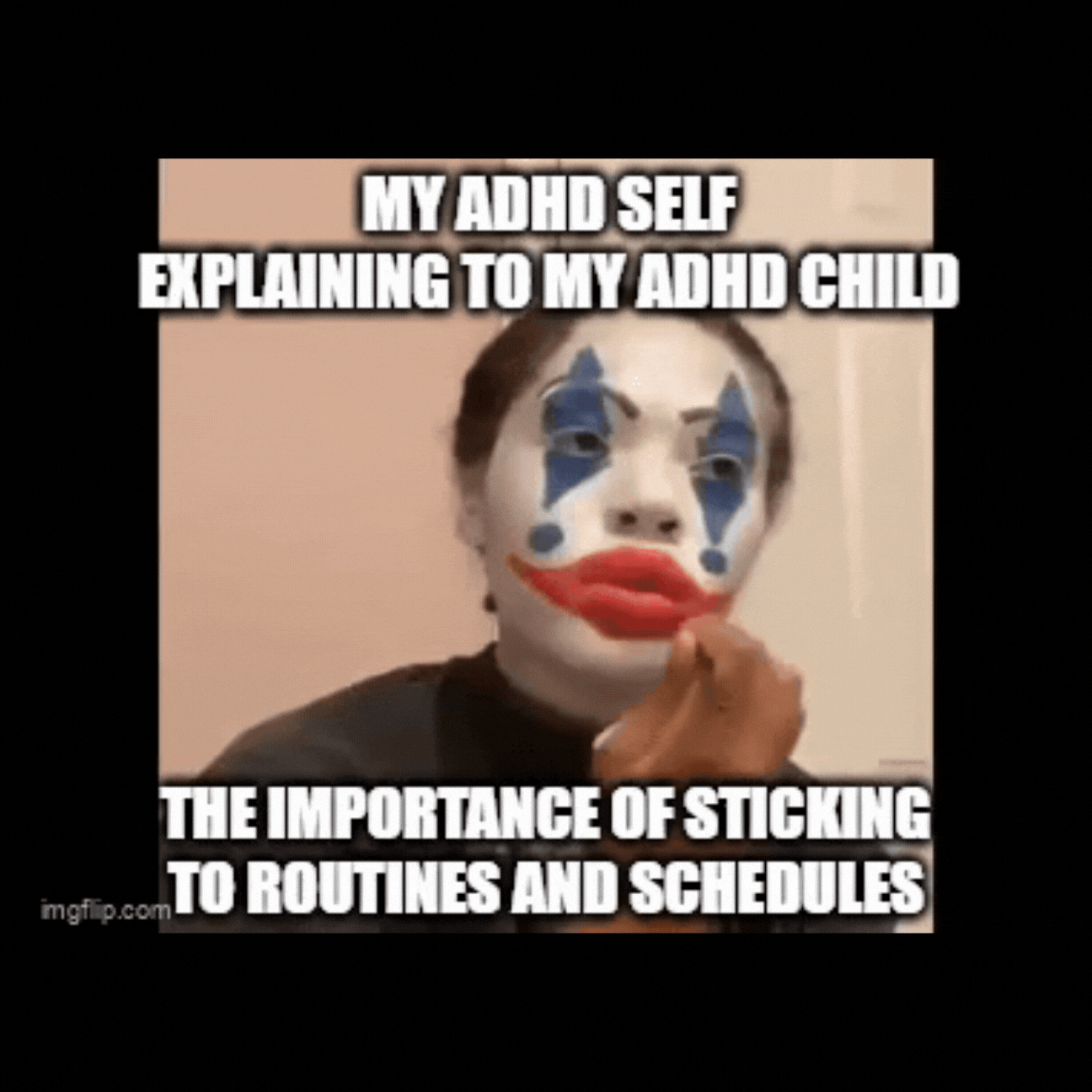Trial and Error
The first stimulant my son tried turned his academic world on its head. As I mentioned in the “part 3” post about his diagnosis, he couldn’t believe how easy it was to focus and think more “linearly” with his first dose. That prescription worked well for him for about six months.
What I didn’t see was the side effects creeping in. At first, he hesitated to tell me how he was feeling. The changes were slow, subtle—he didn’t have the words to describe them. But over time, the drive to finish something, no matter the circumstances, took over. He started feeling aggression and, worse, suicidal ideation.
Despite my open-door approach to emotions, he kept these feelings bottled up—afraid that speaking up might cost him his newfound academic success. Until one night, he couldn’t hold it in anymore.
He was nine years old. Normally, he was easygoing and rarely got too upset. But that evening, he was inconsolable, sobbing uncontrollably. At first, he couldn’t even tell me why. I pulled him into my lap, held him tightly, and just let him cry. After what felt like hours, he finally caught his breath. And then, in the smallest voice, he told me:
“Mom, you need to keep sharp objects away from me.”
My heart stopped. I felt numb, but I knew I had to stay calm. Gently, I asked him why.
He confessed that he had been feeling like making mistakes was inexcusable—that he needed to punish himself if he got something wrong. And not just punished—he felt he might as well die if he didn’t get something right.
In my head, I was screaming. Frightened. Angry. How could my little boy—so young, so innocent—be feeling like this? Where did this belief come from? I had always encouraged growth through mistakes. Lots of mistakes. Never perfection.
The next day, we saw his specialist. He immediately stopped taking his medication for two weeks. Within a day of being off it, he started feeling like himself again—I was relieved beyond words. But I was still shaken to my core.
His doctor suggested trying a different prescription—this time, an amphetamine-based stimulant instead of the methylphenidate he was initially prescribed. We agreed, but with extreme caution. This time, I monitored him closely and checked in with him often about his emotional well-being.
Thankfully, we found the right fit. It took trial and error, but for the past seven years, he’s been doing incredibly well on his medication—and seeing him succeed has been everything.
- If you or a loved one has gone through an ADHD medication trial, what was the biggest challenge?
- How do you navigate conversations about mental health and medication with your kids or family members?
- Were you or a family member hesitant to try stimulant medication? If you were and decided to try them, did your perspective change?


